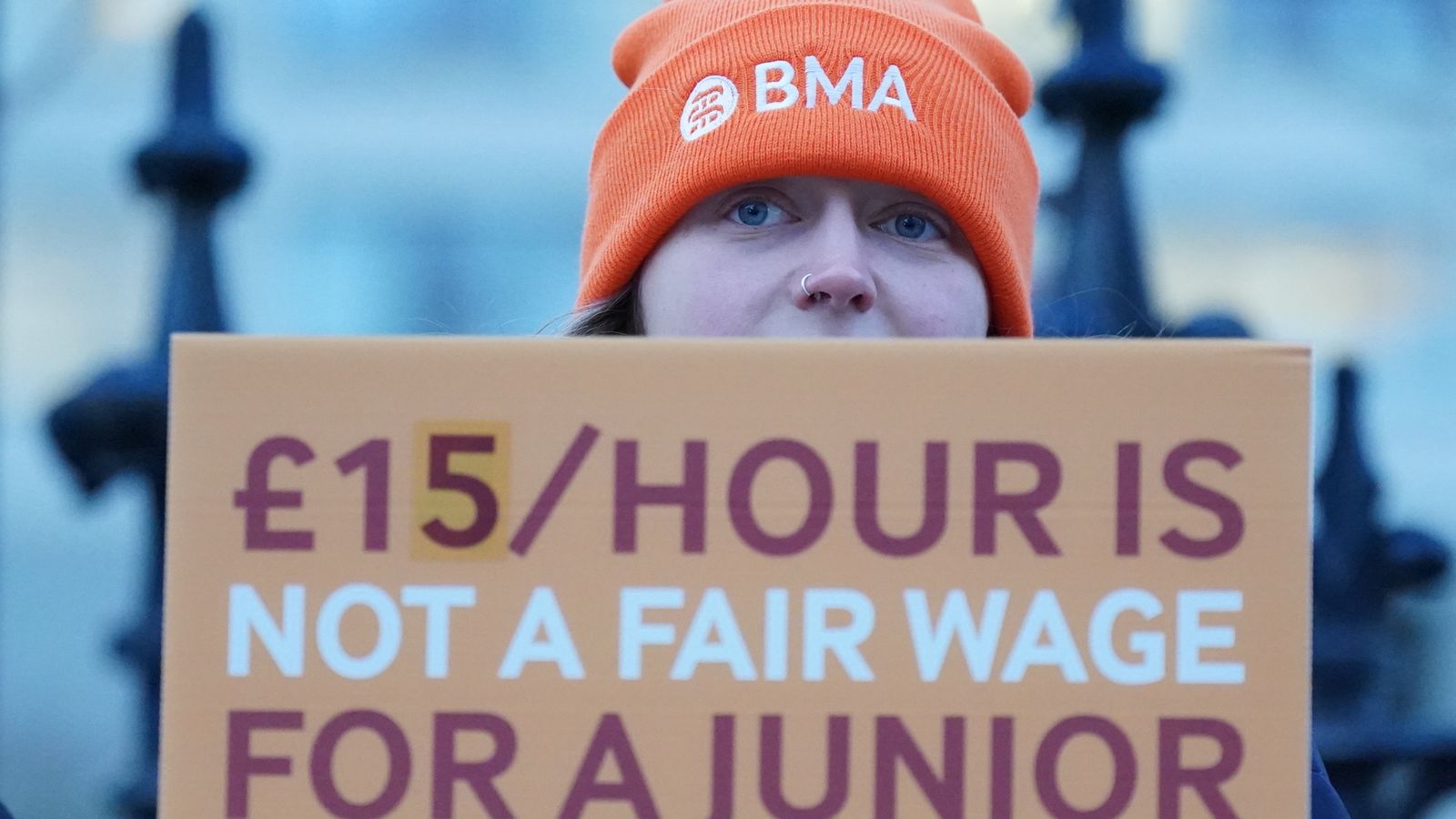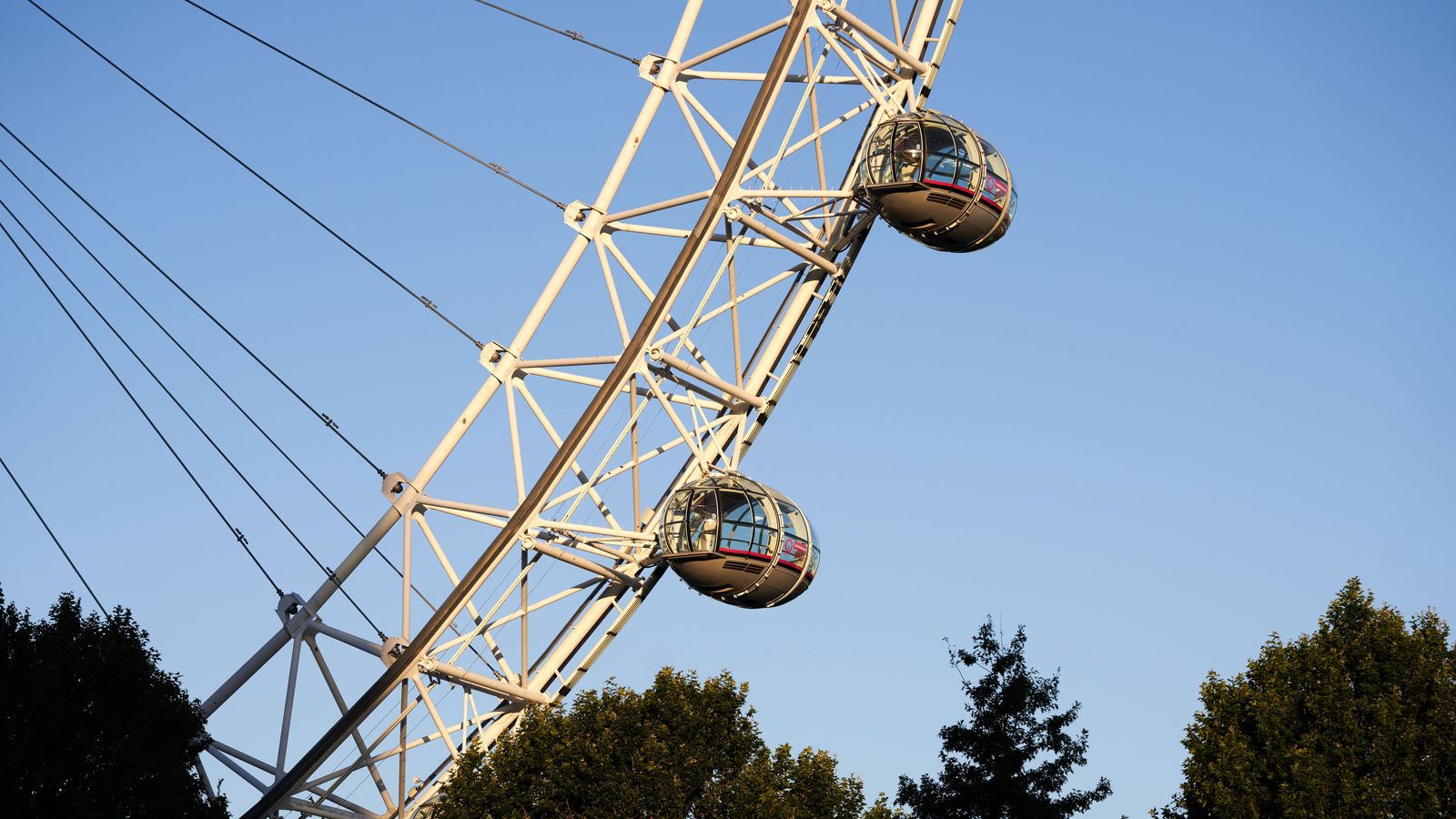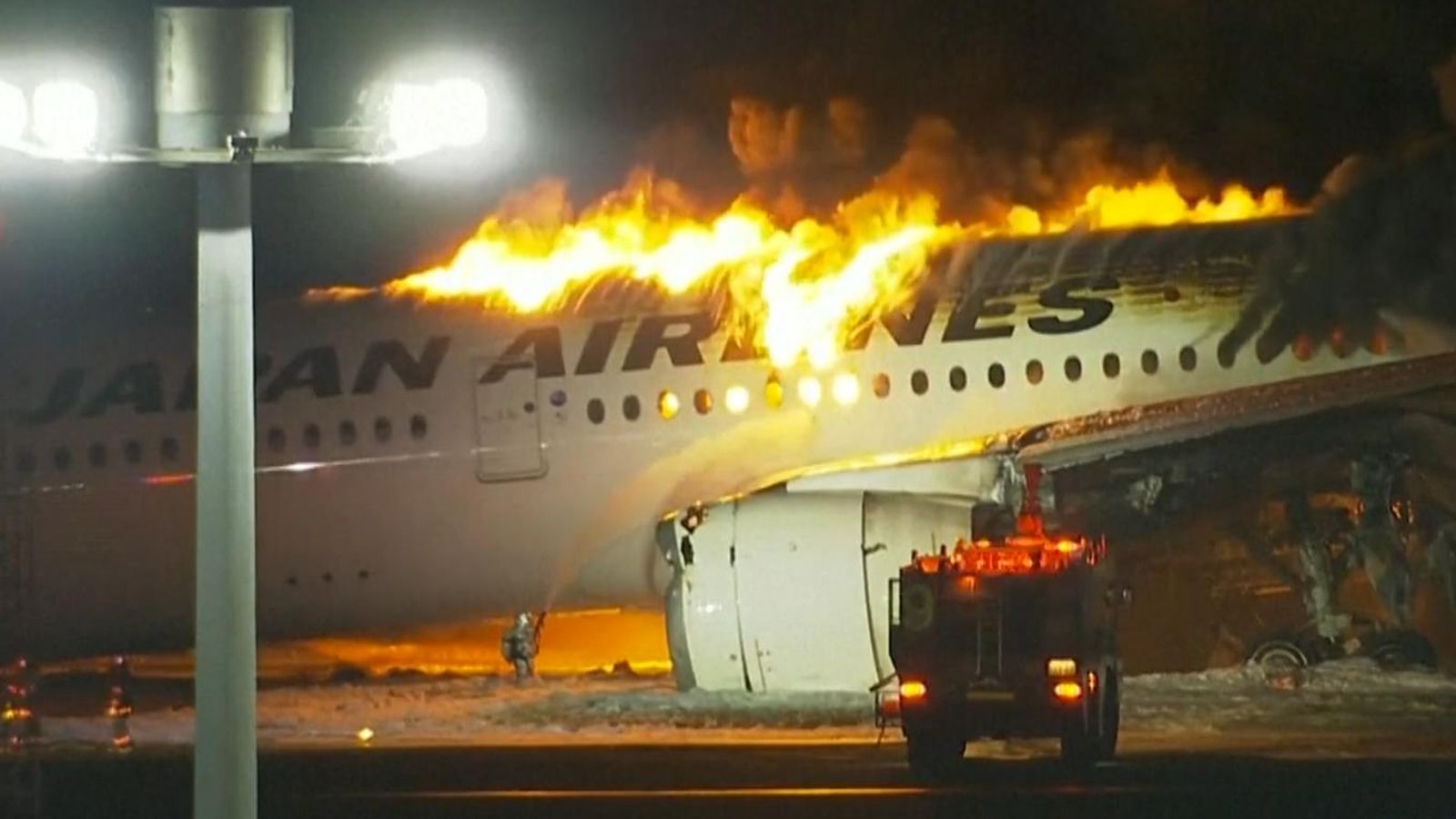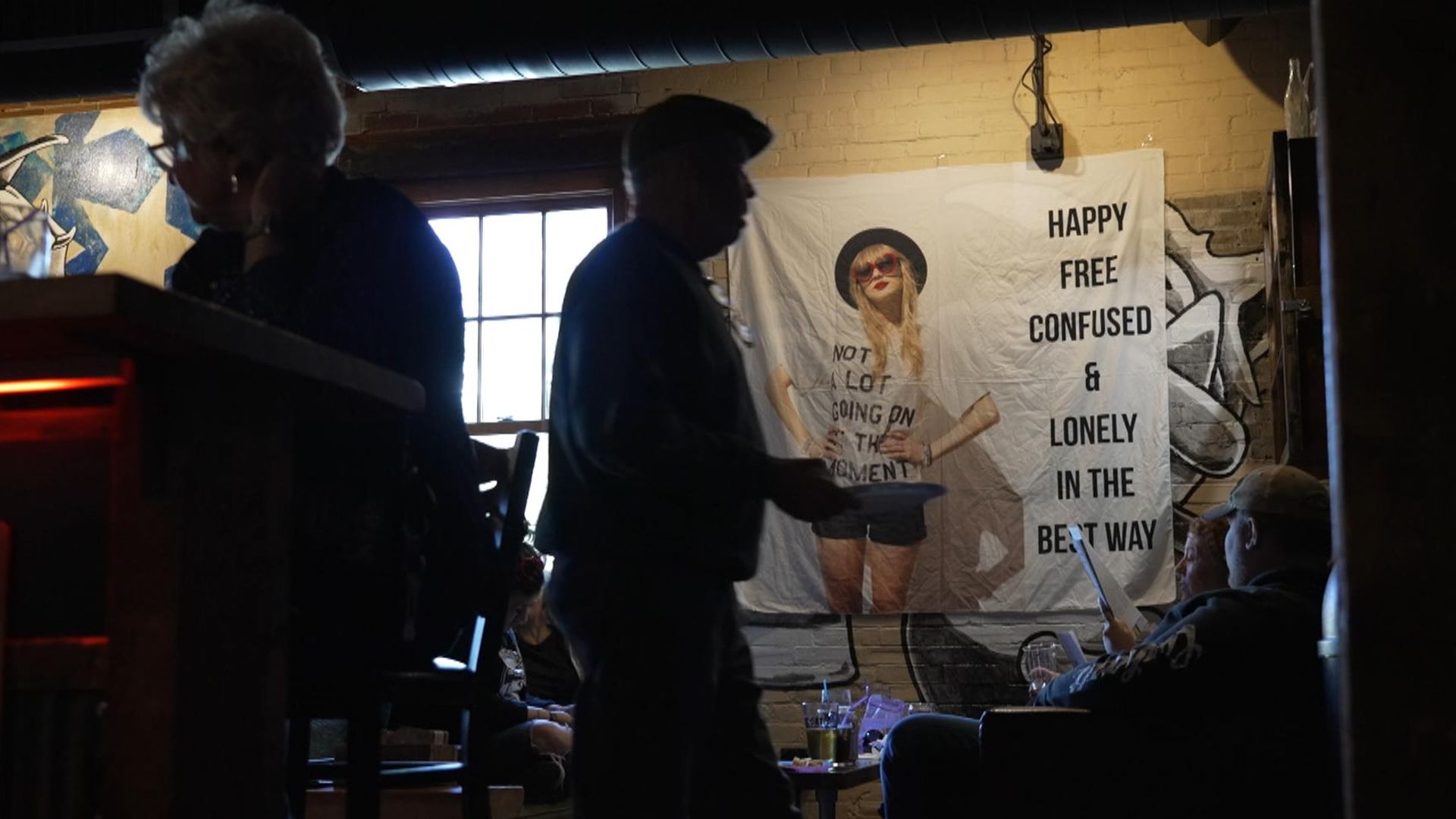A British consultant in emergency medicine has said “everything flowed better” in the NHS while junior doctors were out on strike, leaving non-urgent care on hold.
Dr Adrian Boyle, president of the Royal College of Emergency Medicine and a consultant in emergency medicine, claimed that during his experience working through strikes, there was an “increased capacity” which had a positive effect on senior decision-making.
Speaking to Sarah-Jane Mee on the Sky News Daily’s How To Fix The NHS mini podcast series, he went even further to say: “I look at the shifts I did covering the junior doctors strike as actually some of the most enjoyable work I’ve had over the last couple of years.”
Click to subscribe to the Sky News Daily wherever you get your podcasts
Please use Chrome browser for a more accessible video player
It comes as junior doctors and members of the British Medical Association (BMA) have begun the longest run of industrial action in the history of the NHS.
Junior doctors walked out on Wednesday at 7am and will not return until 7am on Tuesday 9 January.
As a result, the NHS warned it could lead to “the most difficult start to the year the service has ever faced”, with potentially up to half of the medical workforce in England walking out.
It said emergency and urgent care will be prioritised for the six-day industrial action and almost all routine care will be affected.
More beds, shorter stays and quicker appointments
But Dr Boyle, found that the slimming down of services, actually worked in the NHS’s favour.
“Suddenly there was just a little bit increased capacity, there was a massive increase in the senior decision-making ability. Suddenly, everything flowed much better,” he said on Tuesday.
He explained strikes meant a lot of elective activity – patients that know in advance that they will be going into hospital – was cancelled, so the hospital had more availability.
“Thinking about the whole system flow, there were fewer people coming into hospital for elective work and this meant more beds. But also the doctors working on those wards were more senior,” Dr Boyle said.
“We can see it in the data, when people were coming into hospitals, they were doing less investigations, they were seeing people quicker and the overall length of stay drops.
“They were discharging people earlier, more efficiently. Certainly the strike time, the reduced capacity, the increase on a couple of the wards dramatically improved flow through departments.”
Despite primarily focusing on the challenges facing accident and emergency departments, Dr Boyle said one way to solve issues in the entire health service was to see the emergency department as a marker of problems in the whole system.
Under the NHS system, a junior doctor is any medical school graduate with between one and nine years’ experience.
Read more:
Patients in need of operations as junior doctors strike
Strike will aim to ‘save the NHS’
Be the first to get Breaking News
Install the Sky News app for free
Last summer, the government gave junior doctors an 8.8% pay rise with an extra 3% offered during the last round of negotiations towards the end of the year.
The BMA rejected the offer and is instead calling for full pay “restoration” to reverse real-term cuts in pay since 2008/9, among other demands.











